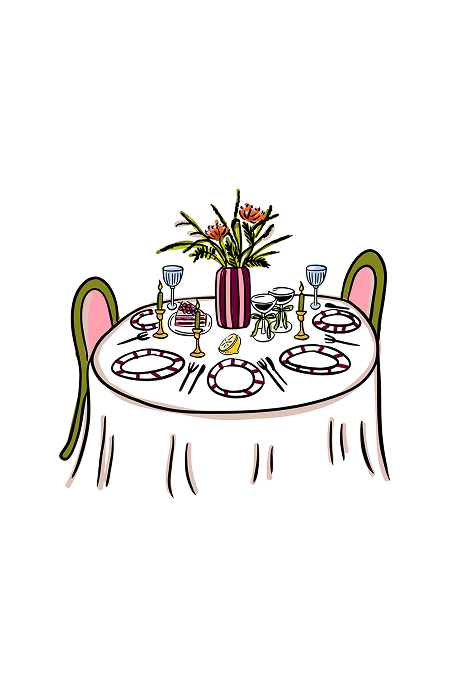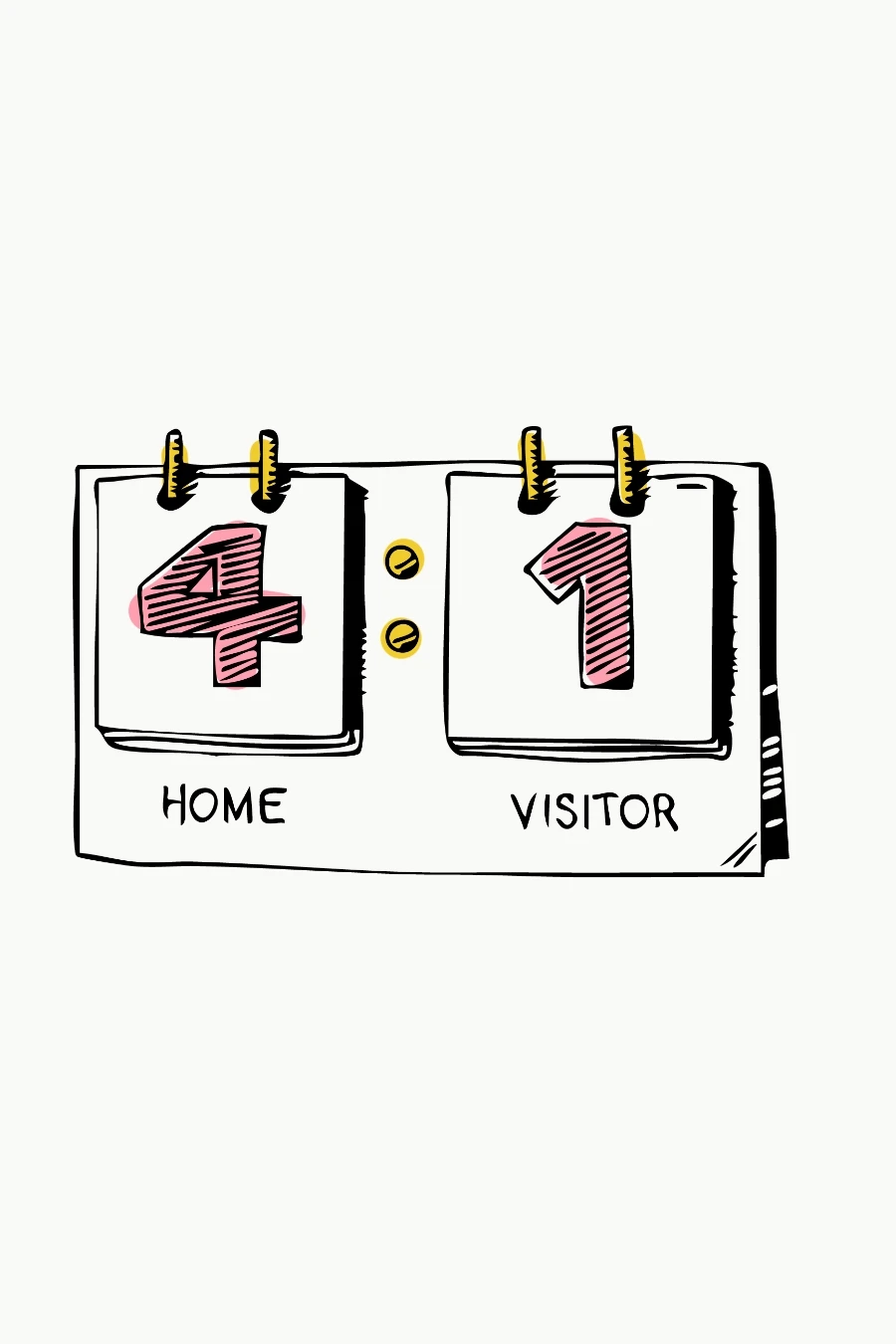

The Veil of Familiarity
Morning Musing
by Katie Kime
The first time I heard the phrase “veil of familiarity,” I was in college when, in my religion major, I took a class solely devoted to C.S. Lewis. The class required we read a seemingly impossible number of his books, and I’ve admired the Oxford-educated thinker ever since.
In some academic circles there’s a debate about who coined the phrase: Lewis or J.J. Tolkien (a fellow Oxford academic and creator of worlds such as The Lord of the Rings books). The two intellectual giants famously frequented The Eagle and Child Pub
in St. Giles’, Oxford, every Thursday for over 15 years, sparring but mostly running their writing ideas by one another. They became dear friends and great admirers of each other’s work.
Regardless of whom is owed credit for the phrase, and perhaps neither of them, it grabbed me the first time I heard it and its meaning grows with me with age.
The idea is that there is a veil— not a literal one, of course (that might actually be less powerful), but an unseeable yet all-permeating veil over the way we see the world. But the veil is familiarity. Familiarity, as in things that make absolutely no sense to any of us but that we interact with on such a daily basis (from birth really), that we operate almost as if we thought them up ourselves. A butterfly. The moon. The fact that if you stretched out all the DNA in your body, it would reach to the moon and back roughly 1500 times. An elephant. Childbirth. The fact that the probability of you or me being here is roughly…zero percent. A lightning bug (a firefly if you’re not from the South). A garden. A city.
I think about this concept a lot. Writing this, I am staring at the ocean, which covers 71% of the earth’s surface, while roughly 5% of it is known. I try to take a moment to breathe and feel, to see if the veil can be removed to grasp the miracle of life that is all around me. To see if, even for a moment, I can be more curious about the tide than my tan. On my good days, I can, despite how fleeting. The veil isn’t lifted, per se, but there’s an awareness that it exists. On my best days, I feel a bit like a kid, marveling, but also kind of laughing at how crazy it is that we all act like it’s all normal, that we understand it, expect it even. On my best days, it’s all so inexplicably beautiful that it can feel a bit like Narnia.




